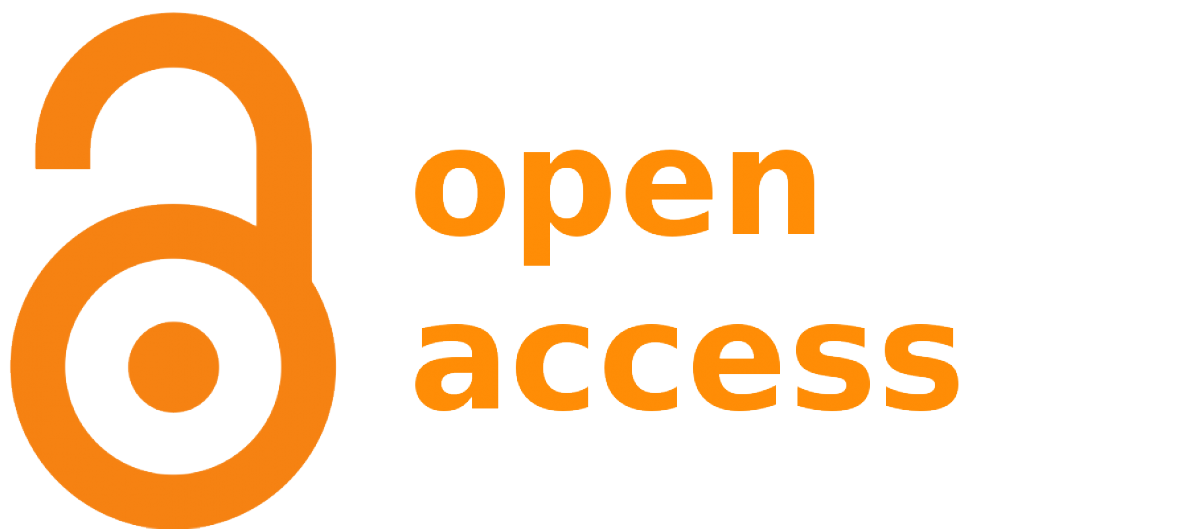Keywords
Sartre, Ontology, Existentialism, Philosophy of Education, Curriculum Studies
Abstract
- Systematic philosophies and practices of education, more often than not, tend to define the nature of the human being in terms of an immutable essence. For example, a manipulable organism within the learning environment or empty vessel to be filled with the knowledge it lacks. Systematic education, for the most part, is based on the uncritical acceptance of such antecedent ontological/biological conclusions regarding human being; views which leaves little room for the exploration and experience of human freedom. In response to this aforementioned problem, the pressing issue grounding this essay, which educators seeking to better serve their students should consider, is the existential pursuit of the reconceptualized understanding of the human being as an active and evolving perennial learner. Such a view might better inform the potential critique and reconstruction of our institutionalized and standardized education system. This essay unfolds in three main sections focused on: (1) The existential challenge to the metaphysical distinction between possibility (potential) actuality (actualization) and the privileging of the latter over the former; (2) Conscious intentionality in Sartre and its intimate relationship to human freedom and the potential or “the possibility” expressed through nothingness for self-transcendence, and (3) The potential, albeit speculative, implications that might be drawn from a detailed reading of Sartre’s ontology, which includes analysis of both the learning process and the theorizing and re-making of the curriculum in terms of a view inspired by existentialism’s embrace of freedom, subjectivity, and the ever-present and open possibilities for enacting self-transcendence, or the student’s always unique vision and pursuit of a life-project grounded in a reconceptualized view of learning and education. In the attempt to remain true to the tone and tenor of Sartre’s existentialism, the essay offers intimations of a view to education understood as “existential” in nature. However, there is no attempt to establish definitive and indelible principles of education. For to do so, would betray the fundamental understanding of existentialism derived from Sartre’s philosophy.
Recommended Citation
Magrini, James M.
(2024)
"Possibility Above Actuality in Sartre’s Ontology Existential Thoughts on Education,"
Turning Toward Being: The Journal of Ontological Inquiry in Education: Vol. 2:
Iss.
1, Article 3.
Available at:
https://rdw.rowan.edu/joie/vol2/iss1/3






